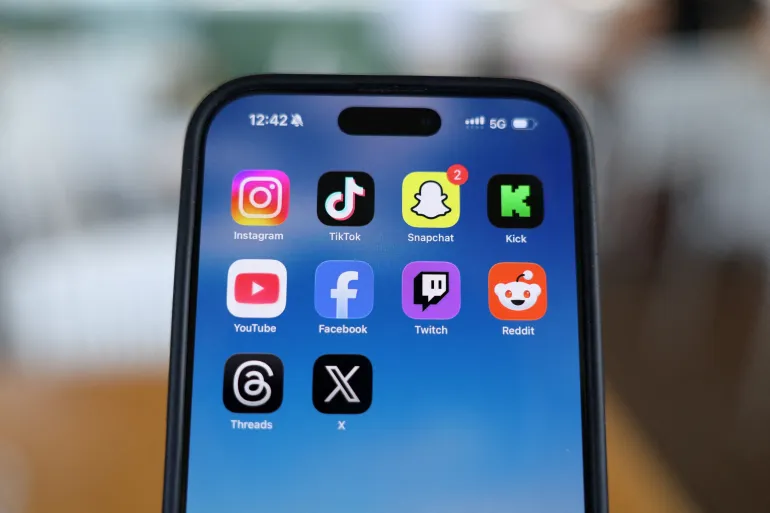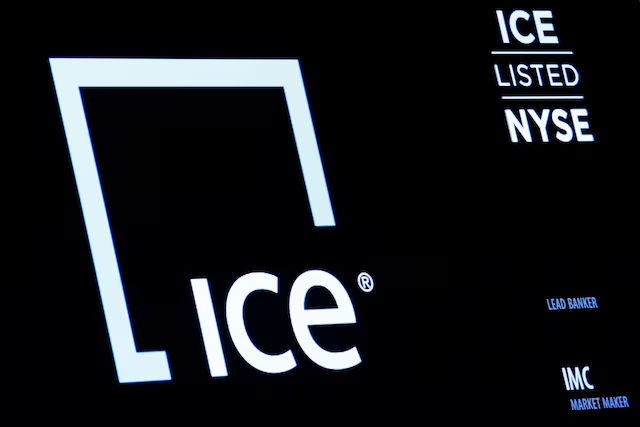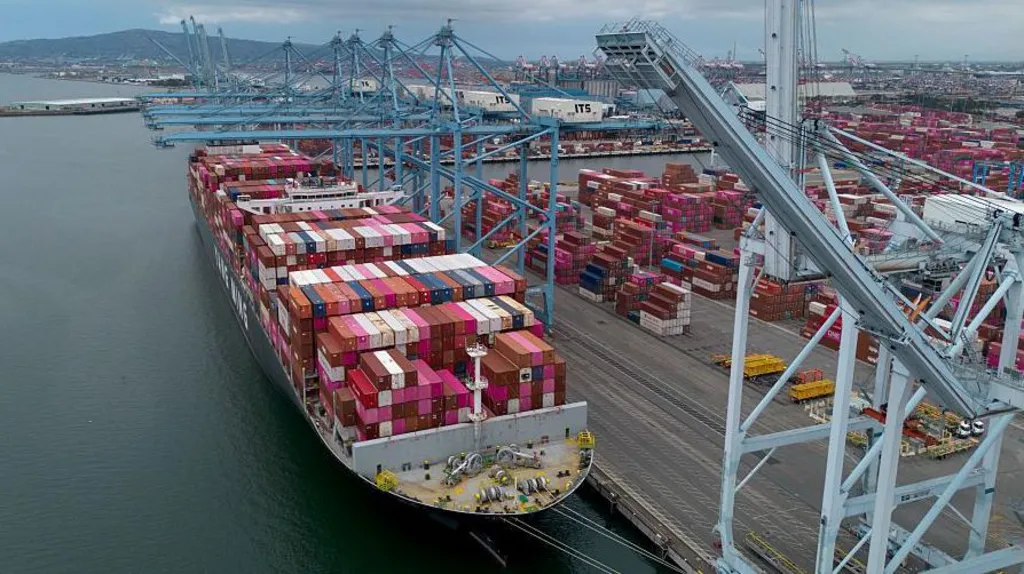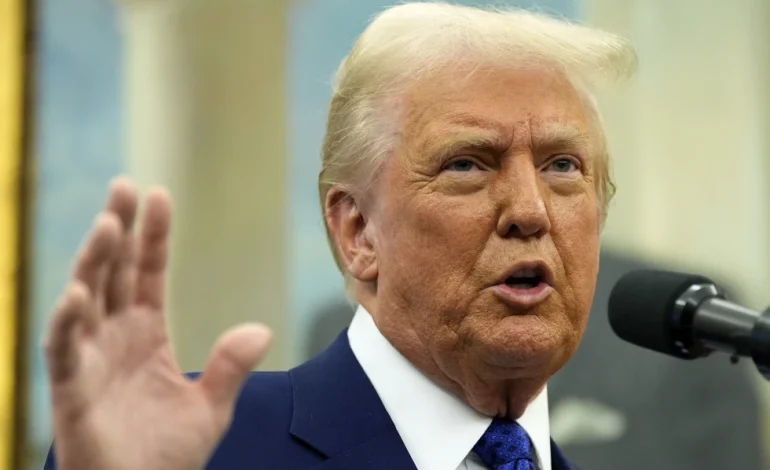As he campaigned for a return to the White House, President Donald Trump assured Americans that he would swiftly tackle inflation and restore economic stability, the Associated Press reports.
Now in office, Trump faces persistent inflationary pressures, but his administration is laying out plans to address rising costs and strengthen the economy.
The latest consumer price index (CPI) report showed that annual inflation has risen to 3% over the past three months, with gasoline prices climbing. This poses a challenge for Trump, who has pledged to increase domestic oil production to drive down energy costs. While inflation remains a concern, the economy continues to show strength, with solid job gains and historically low unemployment helping keep consumer spending strong.
One of the administration’s key strategies is the implementation of tariffs aimed at protecting American industries. Trump has placed a 10% tariff on Chinese imports and removed exemptions on steel and aluminum tariffs from 2018. Additional tariffs on Canada and Mexico may follow, as well as an executive order to align US import taxes with those of other nations. While critics argue that tariffs could contribute to inflation, Trump has consistently maintained that they are essential for ensuring fair trade and reducing reliance on foreign manufacturing.
Trump has urged the Federal Reserve to lower interest rates, arguing that reduced borrowing costs would help businesses expand and provide relief for consumers facing high prices. However, Fed Chairman Jerome Powell has signaled that the central bank remains focused on keeping inflation in check, stating:
“If inflation goes up in general, we will use our tools, which is the interest rate, to bring it back down to 2% over time.”
In addition to monetary policy adjustments, Trump’s administration is considering significant spending cuts to reduce the federal deficit. Elon Musk, now leading the Department of Government Efficiency, has proposed slashing $1 trillion in federal spending. Musk argues that such a move would eliminate inflation by curbing government borrowing, which in turn would lower interest rates for consumers.
“If the government is not borrowing as much, interest costs decline,” Musk explained. “That means lower mortgage payments, car payments, and credit card bills for everyday Americans.”
While some economists warn that aggressive spending cuts could slow economic growth, Trump officials argue that reducing government debt will have long-term benefits for financial stability.
The University of Michigan’s consumer sentiment survey found that inflation expectations have risen, with respondents citing tariffs as a potential factor. However, Trump’s administration has countered concerns by emphasizing that trade policies are designed to protect American jobs and industries, ultimately leading to lower costs in the long run.
White House Press Secretary Karoline Leavitt pointed to the previous administration’s economic policies as a major source of current challenges.
“The Biden administration indeed left us with a mess to deal with,” Leavitt said. “It’s far worse than anybody anticipated.”
As the Trump administration refines its economic strategy, markets remain watchful. The 10-year Treasury yield jumped to 4.62% following the inflation report, signaling expectations of continued economic growth alongside inflationary pressures.










The latest news in your social feeds
Subscribe to our social media platforms to stay tuned